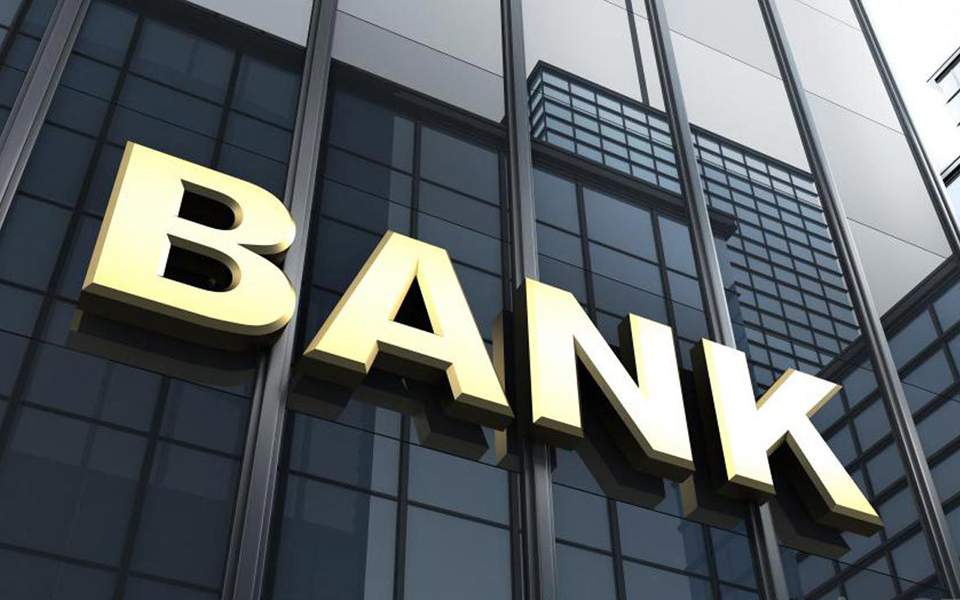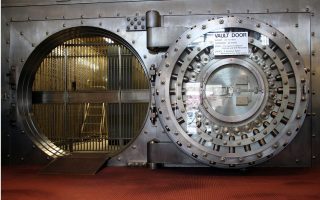EU states back easier sale of bank bad loans, no deal on foreclosures

EU ambassadors backed on Wednesday new rules to facilitate banks’ sales of bad loans on their books but failed to agree on a reform that would make it easier for lenders to recover assets from borrowers who default.
The proposed rules are part of a wider overhaul of EU banking rules and aim to accelerate banks’ efforts to offload soured loans, which have reduced European banks’ ability to lend to households and companies since the 2007-09 global financial crisis.
The agreement reached on Wednesday is expected to favor the purchase and servicing of so-called non-performing loans (NPLs) “which will lead to the development of efficient secondary markets,” said Romania’s Finance Minister Eugen Teodorovici, who chaired the negotiations among the 28 EU countries.
Under the overhaul, which still needs to be finalised in agreement with the European Parliament, financial companies specialized in buying bad loans, such as private equity giant Blackstone and asset manager Cerberus, are set to gain easier access to NPLs across EU states.
The new rules are expected to lower regulatory barriers to making cross-border purchases.
This should further stimulate a secondary market for bad loans, possibly driving prices up and making banks more willing to sell.
The low prices of bad loans have long discouraged banks from offloading them. Although the mass of NPLs has been steadily decreasing in recent years, there is still a backlog of more than 700 billion euros ($789 billion) hanging over EU banks’ balance sheets, especially at lenders in Italy, Greece, Ireland and Cyprus.
In a less positive development for banks, EU states were not able to reach a deal on proposals put forward by the EU Commission on facilitating lenders’ recovery of assets from borrowers who default.
The proposal introduced a mechanism to facilitate out-of-court procedures on foreclosures, to speed up banks’ recovery of the collateral used by borrowers to obtain loans – when borrowers are too late on their repayment schedule.
This mechanism, envisaged only for business loans and not consumer loans, would increase the value of NPLs and reduce bank losses, but would increase the burden on firms.
EU states failed to agree on this part of the reform, an EU statement said. Talks will continue in coming weeks among EU countries and with EU lawmakers on this matter.
The reform needs to be agreed before EU elections in May.
[Reuters]





